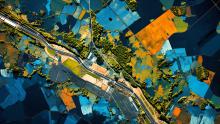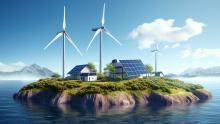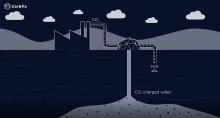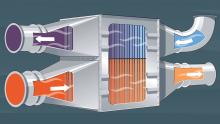Boosting citizen engagement in clean air campaigns

Air pollution is usually worse in urban centres, though residents are often less aware of its potential harm. The EU-funded CompAir project gave citizens the knowledge and tools needed to monitor and tackle air pollution – a solution that is particularly helpful for lower socio-economic groups throughout Europe.









